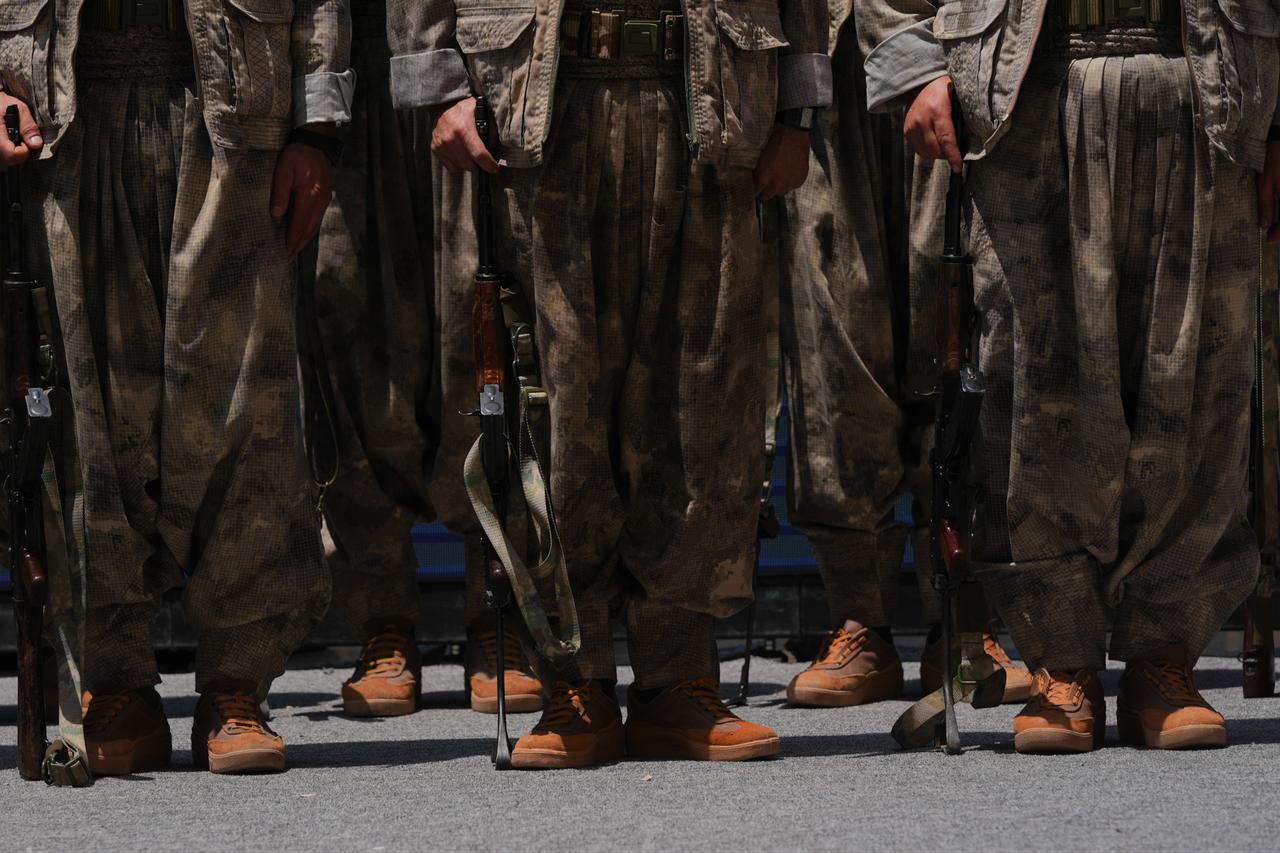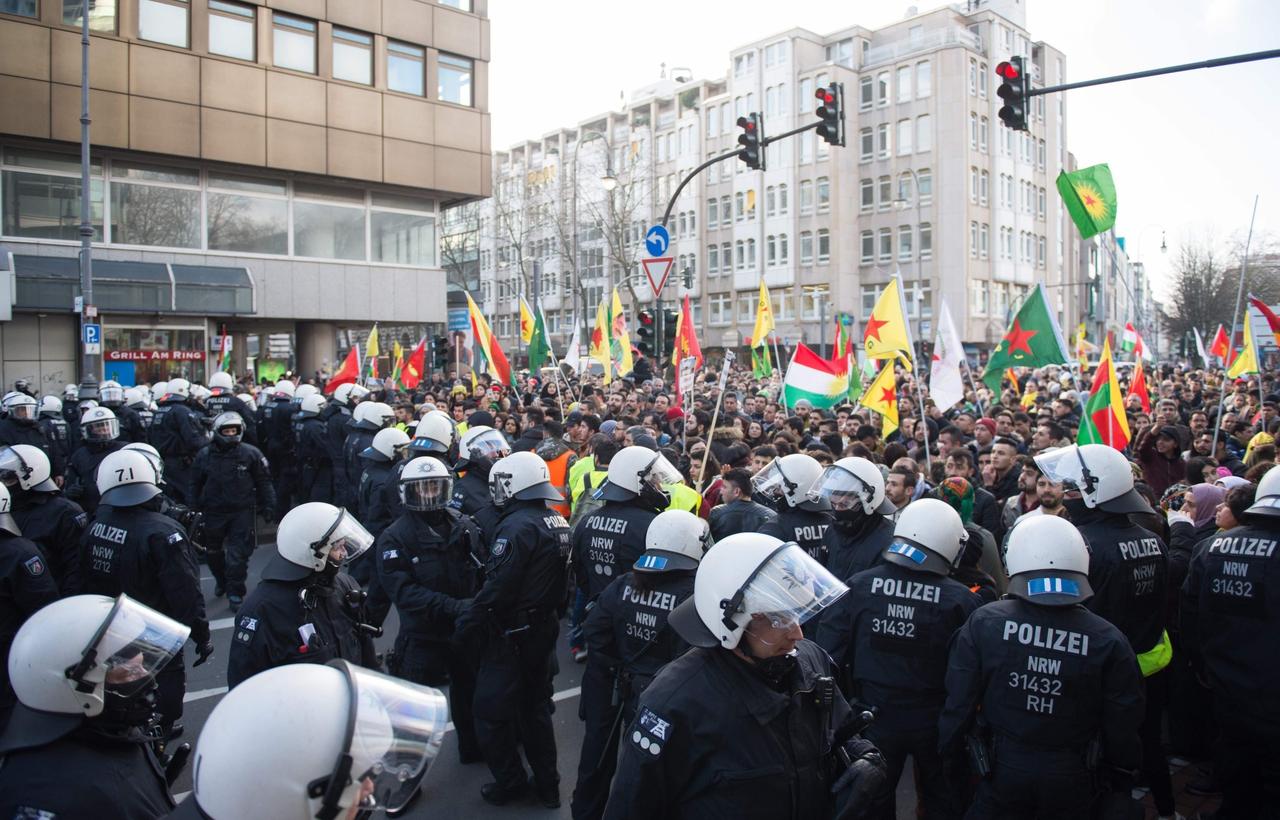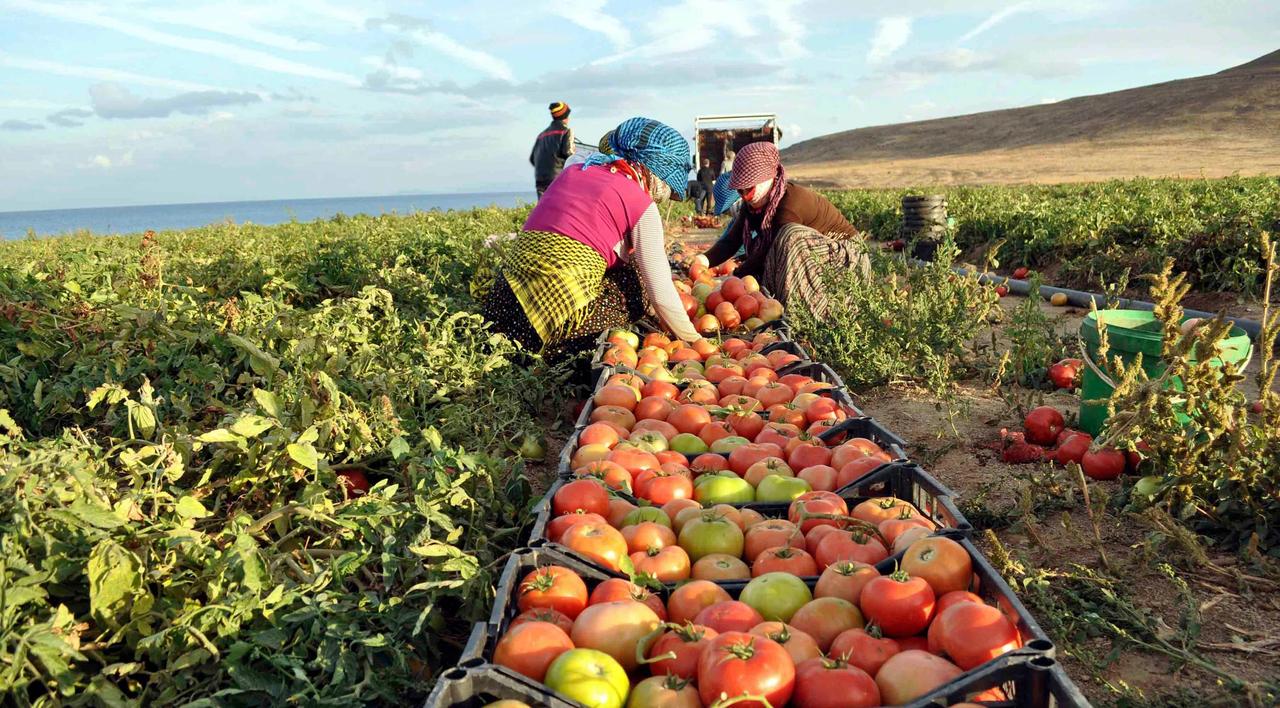
A new report from the Financial Action Task Force (FATF) has detailed how the terrorist organization PKK employs systematic extortion and diaspora fundraising campaigns to finance its operations, including forcing seasonal workers to surrender 25% of their daily wages and real estate agents to pay up to 50% of property sale prices.
The 134-page report, titled "Comprehensive Update on Terrorist Financing Risks," was published on July 8 and highlights significantly increased global terrorist financing risks.
The Paris-based international organization, which includes Türkiye as a member, warns that terrorist organizations continue to exploit the international financial system.

The report identifies the PKK's "Kampanya" method as a primary revenue source, describing how the organization collects contributions from Kurdish diaspora communities and Kurdish businesses in third-country jurisdictions.
"One of the PKK's main sources of revenue is the group's 'Kampanya,' consisting of collecting contributions from the Kurdish diaspora and Kurdish businesses in third jurisdictions, often using intimidation or coercion," the report states.
"It usually takes the form of cash collection, ultimately transferred to PKK regional management through couriers," the report added.
Germany and the United States provided intelligence indicating that the PKK employs regional managers to oversee these financial operations, according to the FATF findings.

A detailed case study from 2022 reveals how the PKK launched fundraising campaigns targeting vulnerable workers from southeastern Türkiye.
The organization forced individuals traveling to western Türkiye for seasonal work to contribute 25% of their daily wages, which the report terms "coercion fees."
"Funds were collected from individuals who came from southeastern Türkiye to western Türkiye for seasonal work, taking 25% of their daily wages as a coercion fee," the report documents.
The scheme extended beyond seasonal workers to include real estate professionals. The PKK "charged real estate agents with a commission for the property selling and imposed it by threat," with some agents forced to pay fees equivalent to 50% of property sale prices.

Beyond traditional extortion methods, the FATF report highlights how terrorist organizations increasingly exploit social media platforms for fundraising.
The document reveals that some terrorist groups use TikTok's Creator Fund program and premium accounts on X (formerly Twitter) to generate revenue.
"Some jurisdictions report that terrorist organizations benefit from fundraising campaigns launched using trending social media features (i.e., filters and games) to earn money through TikTok's Creator Fund program," the report stated.
The findings show that terrorist groups purchase premium X accounts to increase engagement with violent and propaganda content while potentially earning advertising revenue shares.
The report also details the PKK's sophisticated cash handling system, noting that "funds were collected in cash, placed in yellow envelopes marked with serial numbers, and distributed to the PKK."
Those who refused to pay faced direct threats, while collected money was "regularly sent to border cities near PKK-controlled areas, where it was subsequently moved across borders to support PKK operations."
The intelligence for this case study was provided by MASAK (Financial Crimes Investigation Board) of Türkiye, demonstrating cooperation between Turkish authorities and international monitoring organizations.

The PKK, listed as a terrorist organization by Türkiye, the US, and the EU, convened its congress in May and announced its dissolution, following a February call by its imprisoned ringleader, Abdullah Ocalan, for an end to the decades-long attacks.
On 11 July, a group of 30 PKK terrorists, including 15 women, surrendered and destroyed their weapons in Iraq’s Sulaymaniyah province by throwing them into a burning cauldron.
In its 40-year terror campaign against Türkiye, the PKK has been responsible for the deaths of over 40,000 people, including women, children, infants, and the elderly.
PKK terrorists have used northern Iraq, near the Turkish border, to hide out and plan attacks on Türkiye.